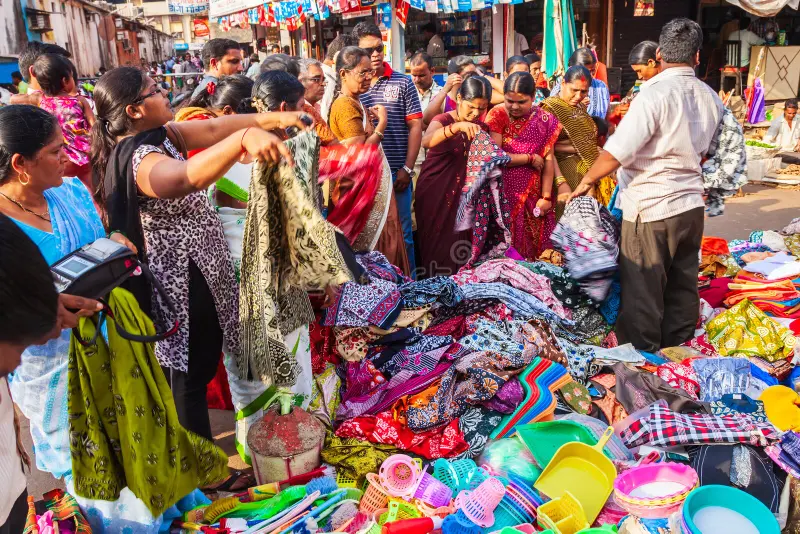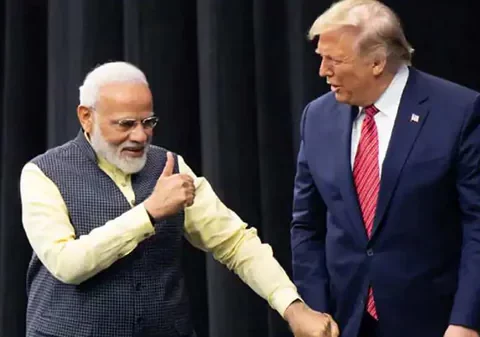India according officials in government, is looking to cut income tax for individuals earning up to 1.5 million rupees (about $17,590) in its upcoming February budget.
This decision aims to provide relief to the middle class and stimulate consumption as the economy faces challenges.
If implemented, this tax cut could help tens of millions of taxpayers, particularly those living in cities who are struggling with high living expenses. Taxpayers may choose to adopt a 2020 tax system that eliminates certain exemptions, such as those for housing rentals.
Also Read:https://mediawireexpress.co.tz/ghana-becomes-5th-country-for-visa-free-travel/
Under the current tax system, annual incomes between 300,000 rupees and 1.5 million rupees are taxed at rates ranging from 5% to 20%, while higher incomes are taxed at 30%.
Indian taxpayers have the option to choose between two tax systems: a traditional plan that allows for exemptions on housing rentals and insurance, and a newer system introduced in 2020 that offers slightly lower rates but does not permit significant exemptions.
Sources, who requested anonymity as they were not authorized to speak to the media, indicated that no decisions have yet been made regarding the extent of any tax cuts. A final decision is expected to be announced closer to the budget date on February 1.
The finance ministry has not yet responded to an email requesting comment. While sources did not disclose the potential revenue loss from any tax cuts, one mentioned that lowering tax rates could encourage more individuals to opt for the new, simpler tax system.
India primarily collects income tax from individuals earning at least 10 million rupees, which is taxed at a rate of 30%. Increasing disposable income for the middle class could help stimulate the economy, which is currently the fifth largest in the world but grew at its slowest rate in seven quarters between July and September. Additionally, high food inflation is impacting demand for a variety of products, including soaps, shampoos, cars, and motorcycles, especially in urban areas.
The government is also facing political pressure from the middle class due to high taxes and stagnant wage growth that has not kept pace with inflation.
Source: Additional Reuters






